
New Podcast Alert
Trekzone is about to double it’s weekly podcast offering! Get the scoop…

Trekzone is about to double it’s weekly podcast offering! Get the scoop…

We’ve almost completed our run through March 2019, so it’s time for one last episode in this season of Fan Films Done Right… and it’s only fair to give the

Gary Davis is back on the Trekzone mic, and he’s got a shiny new trailer to premiere!

Nick Cook, a Trek fan in the UK, has been fan filming for 16 years… it’s week 3 of Fan Films Done Right!

Joshua Irwin swings by Trekzone to chat about his fan films, all set in the Avalon Universe…

Go-to fan film VFX guy Sam Cockings swings by Trekzone to chat about his fan film Temporal Anomaly…

The Mars rover Opportunity bid a final farewell to NASA last week following a devastating dust storm last June.

Christian’s back to counter the revisionist history applied by Alec and Joanthan during their recent Axanar Confidential live stream.

We were on a bit of a roll with these Short Treks episodes… so here’s part two.

Lee’s back, as the Talkin’ Trek mini series rolls on. Today we’re talking about the first three Short Treks.

Time to have A Trekzone Conversation with a different flavour of SciFi!

Here’s the second part to my chat with Axamonitor’s Carlos Pedraza about the latest on Axanar…

Carlos Pedraza is back to provide an update on the infamous Star Trek fan production Axanar.

Lee Sargent is back Talkin’ Trek with me as part of a mini series highlight the series of our beloved franchise.

Larry Nemecek is here to piece together all the tidbits of Discovery’s second season.

UK film maker Gary O’Brien is back today to give us an update of his progress on his Star Trek fan film – The Holy Core, which is sounding very exciting…
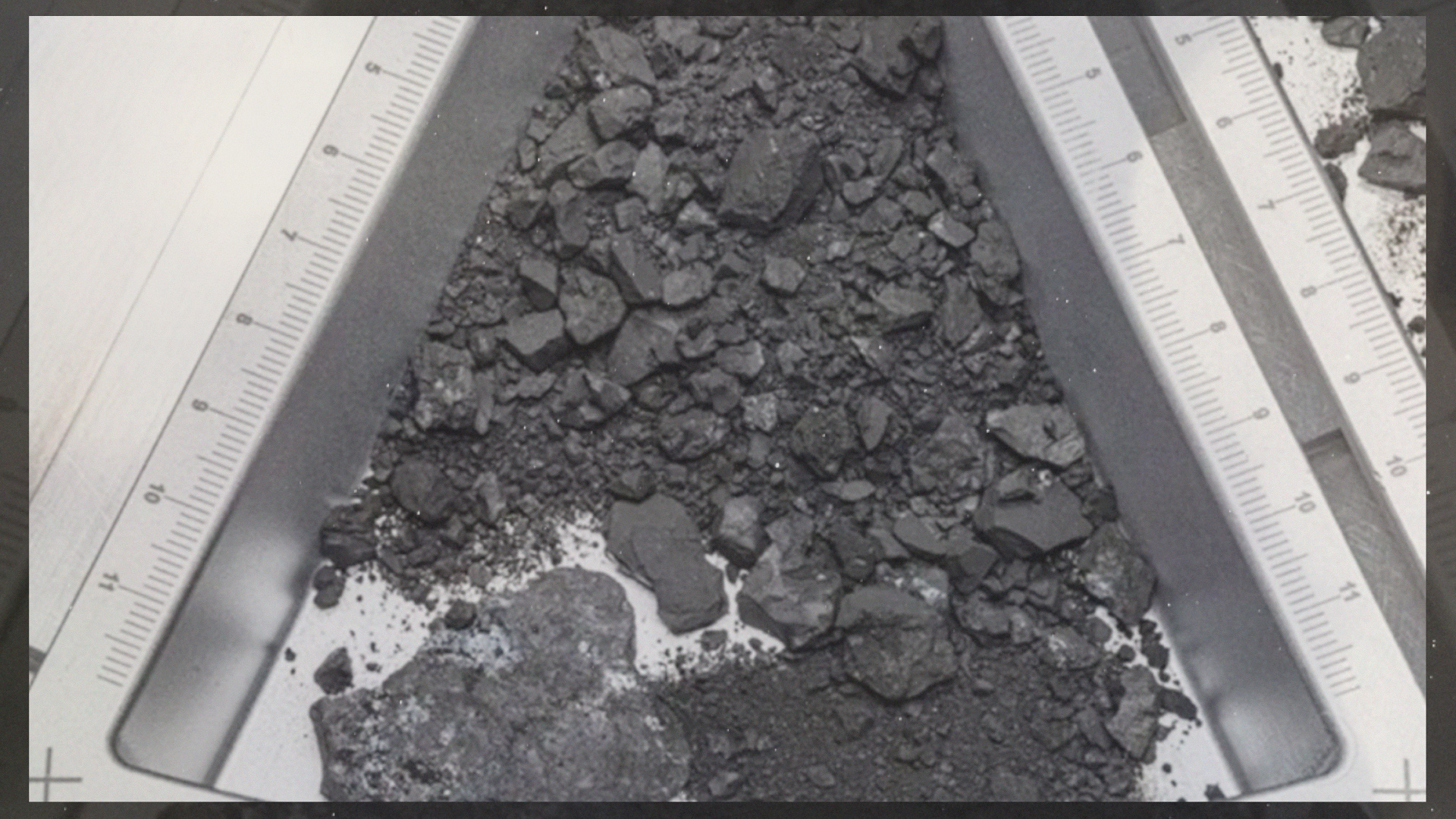
Rock and dust samples brought back from the near-Earth asteroid Bennu contain organic matter, including amino acids and all five DNA and RNA bases, as well as salts that formed early in the history of Bennu’s parent body, according to a pair of studies by international and Australian researchers.
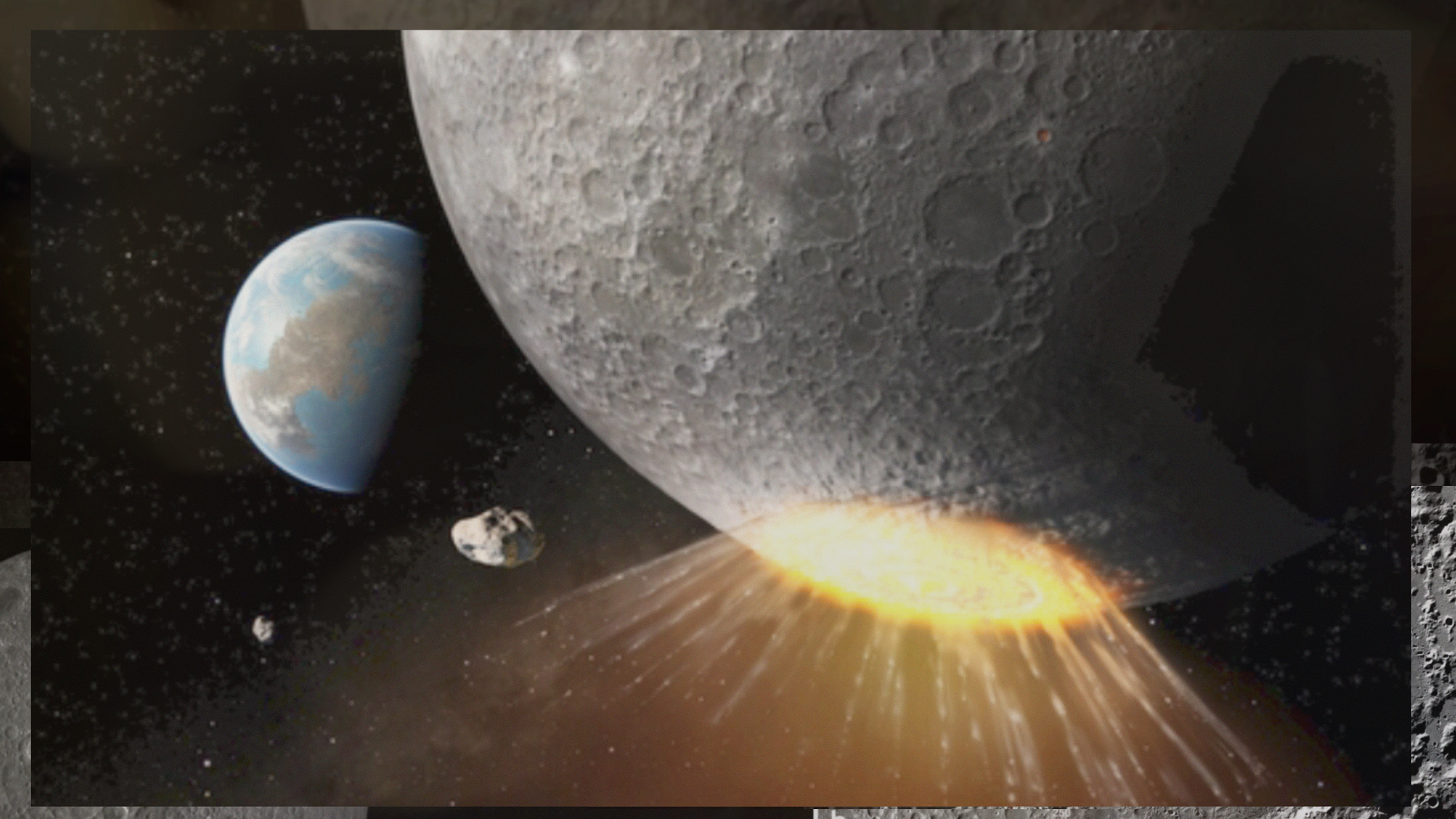
The Schrödinger impact basin is an area of the moon that contains two gigantic canyons – that are definitely there whether you look at it or not – and international researchers say they might have found out how these huge valleys were formed.
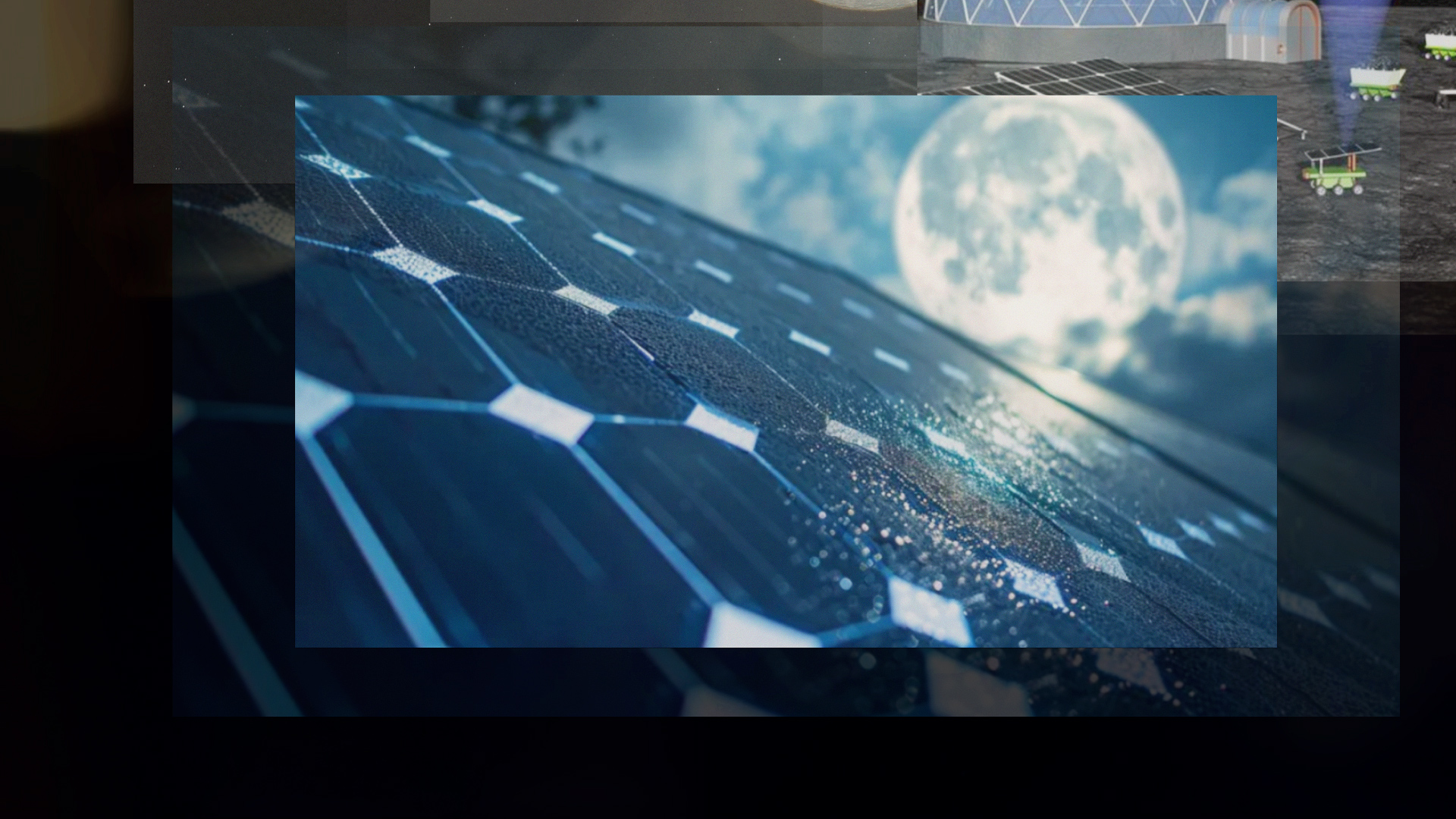
Dust on the moon could one day be used to build solar panels, according to researchers who say this could allow astronauts to access power on the moon without carting heavy equipment from Earth.
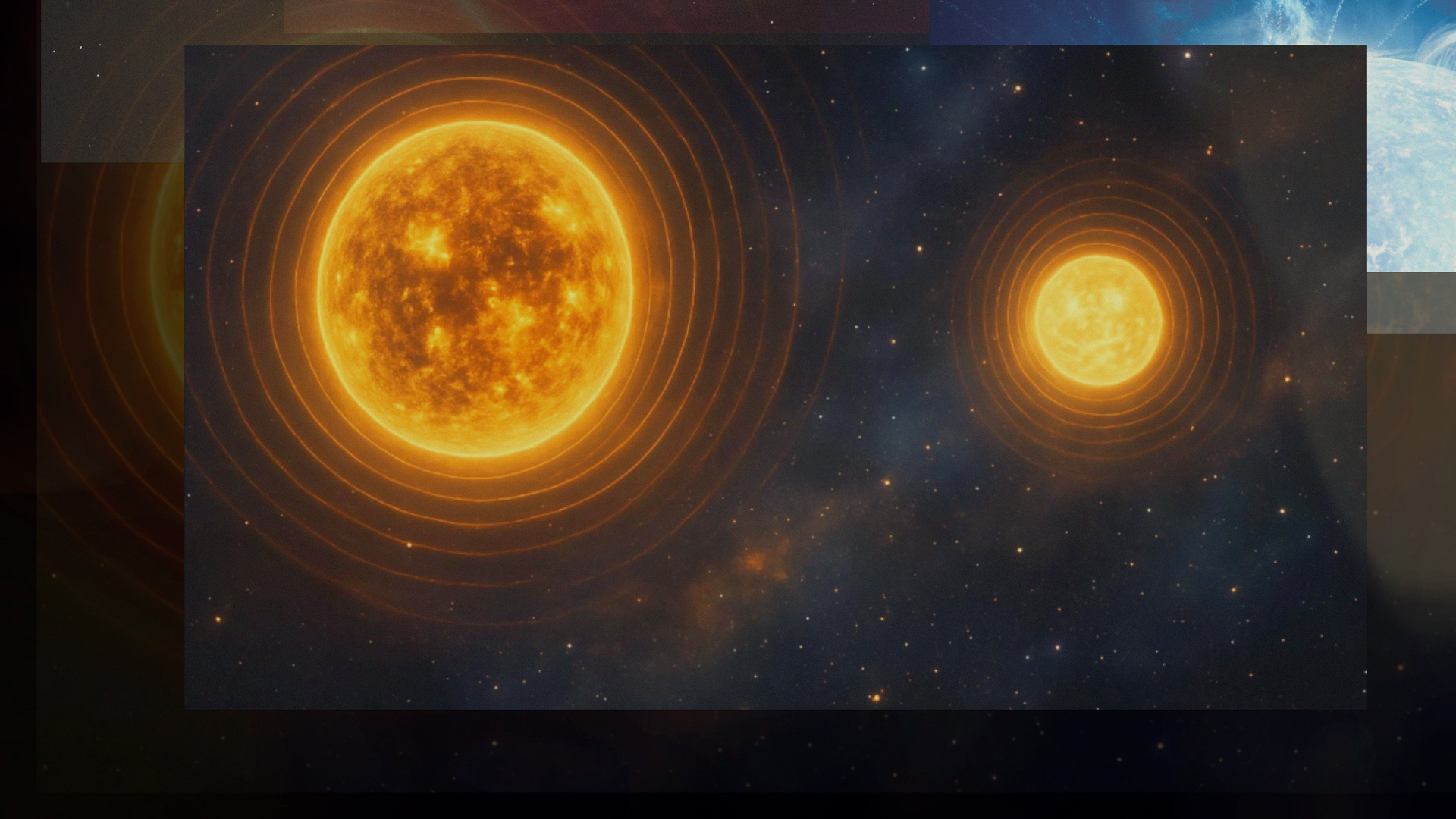
They say music is the universal language of humankind, but some stars in our galaxy exhibit their own rhythm, offering fresh clues into how they and our galaxy evolved over time.
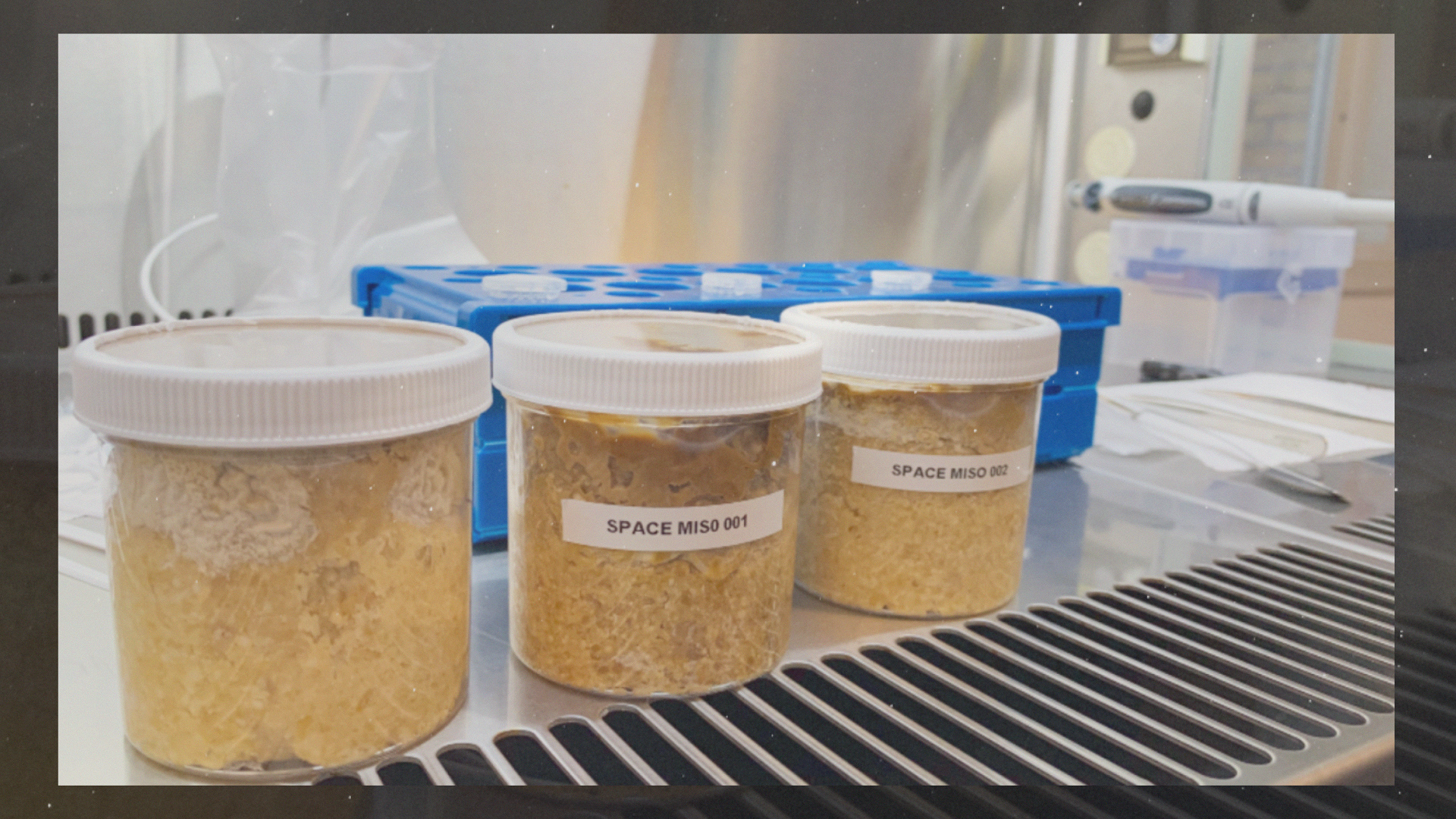
Miso made in space has a nuttier, more roasted flavour than miso made on solid ground, according to international researchers, who sent a small container of fermenting soybeans and salt, the ingredients for the traditional Japanese condiment, to the International Space Station.
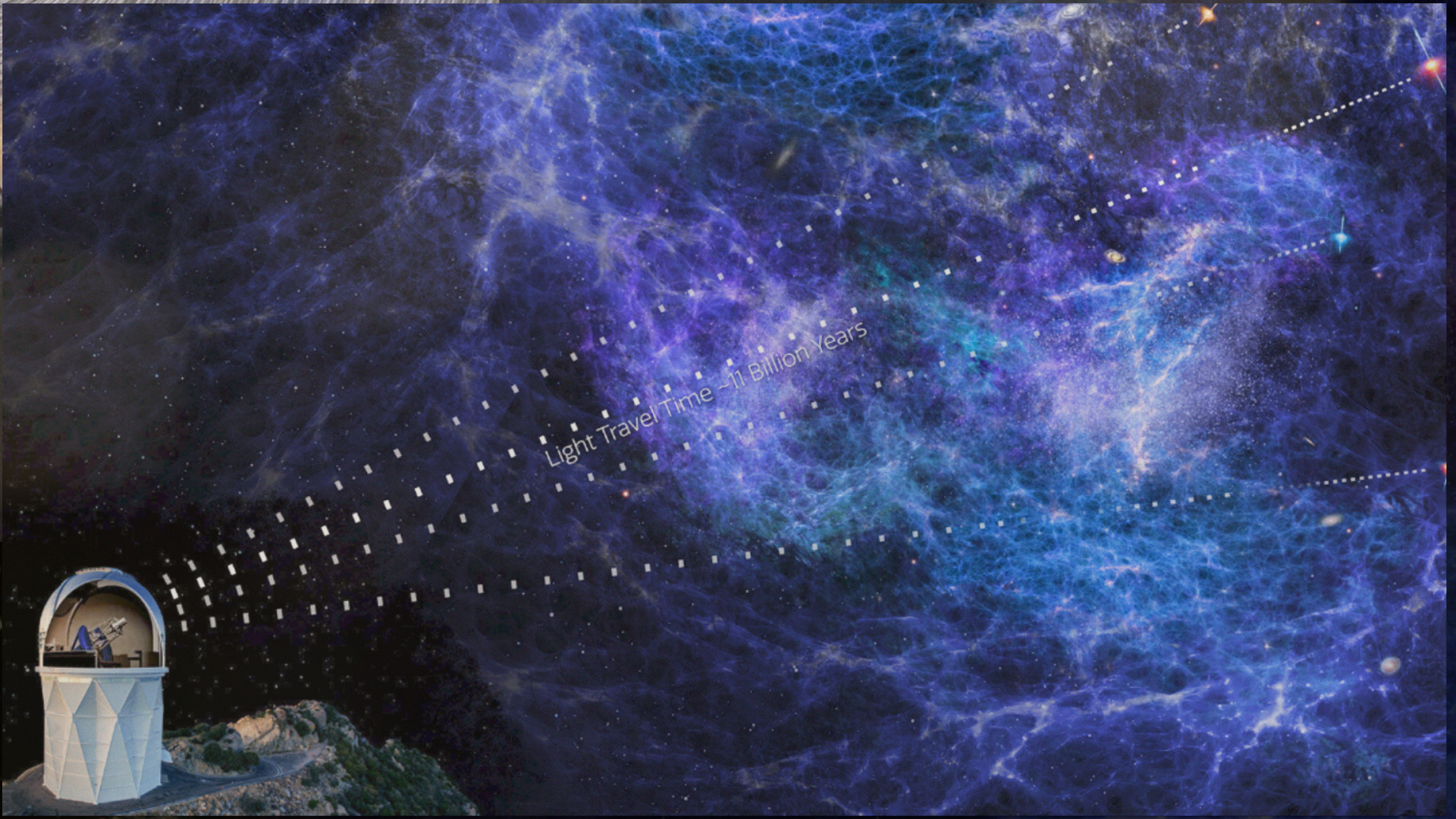
A QUT cosmologist is part of the international research team that’s published an analysis that shines new light on dark energy and suggests the standard model of how the universe works may need an update.

We’re bold, innovative and ambitious digital media creators,
consumers and producers.
We are Trekzone Media.
This is TREKZONE.org.

Rock and dust samples brought back from the near-Earth asteroid Bennu contain organic matter, including amino acids and all five DNA and RNA bases, as well as salts that formed early in the history of Bennu’s parent body, according to a pair of studies by international and Australian researchers.
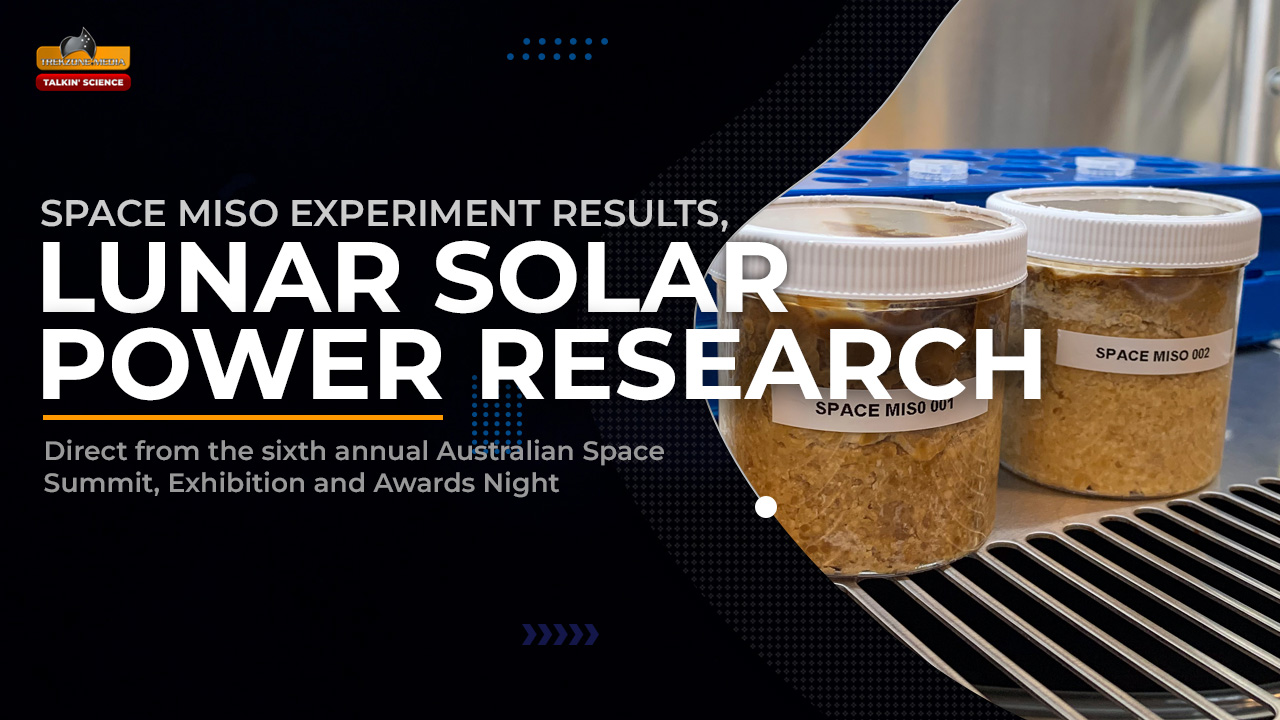
Direct from The Australian Space Summit, Exhibition and Gala Awards Night…

The Schrödinger impact basin is an area of the moon that contains two gigantic canyons – that are definitely there whether you look at it or not – and international researchers say they might have found out how these huge valleys were formed.

Dust on the moon could one day be used to build solar panels, according to researchers who say this could allow astronauts to access power on the moon without carting heavy equipment from Earth.

They say music is the universal language of humankind, but some stars in our galaxy exhibit their own rhythm, offering fresh clues into how they and our galaxy evolved over time.

Miso made in space has a nuttier, more roasted flavour than miso made on solid ground, according to international researchers, who sent a small container of fermenting soybeans and salt, the ingredients for the traditional Japanese condiment, to the International Space Station.
© Trekzone Media MMXXV. All Rights Reserved.
The views and opinions expressed by guests on our podcasts are their own and do not necessarily reflect those of Trekzone Media or its employees.